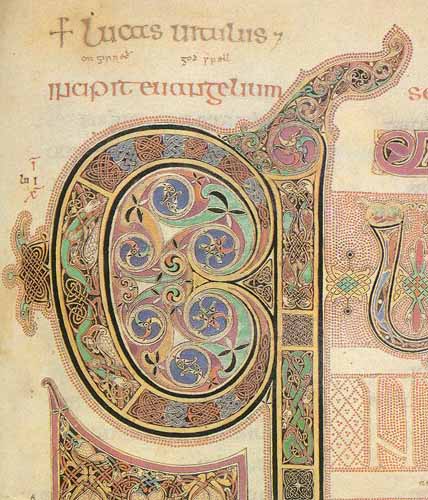CHAPTER TEN: WINING AND DINING
The wedding feast turned out to be the biggest celebration of the year in this small village. Practically everyone in town was invited, and even some who were not initially invited showed up after last minute invitations were offered, people like Jesus’ disciples. This taxed the caterers to the limits as they scrambled around trying to meet everyone’s demands. The wedding had gone off beautifully, and now it was down to the lengthy process of toasting the bride and groom, eating, doing some more toasting and the telling of tales, and the like.
Standing in a corner of the courtyard and minding his own business sipping on a cup of wine was the ‘basilikos’ Decimus, the official of Herod who lived in the town. He was quiet and discrete enough, and no one had had cause to complain about him, as he was on the road a good deal, his territory covering Qana to Kefer-Nahum and points north. True, some said he was a Roman soldier, a centurion in disguise, but clearly he was a Semite of some sort, not a pagan. But then it was hard to tell because Herod and Pilate both had auxiliaries working for them and for the Romans, who had been recruited from amongst the locals. Clearly this man was not of Greek or Roman descent, for he sometimes attended synagogue in Qana when he was in town and seemed respectful of some Jewish customs. Indeed, he had a mikva at his house. Jesus was in intense conversation with the man, when his mother approached Jesus and pulled him aside.
She whispered in his ear, “We are about to have a hospitality disaster. They’ve run out of wine.”
Jesus looked at her with surprise and said somewhat curtly “Woman what’s that to you and to me? Don’t you know my hour has not yet come.” Miryam’s lips trembled as she looked up into Jesus’ eyes. She knew that Jesus had to do things on his own time, at his own pace, following G-d’s plan and guidance. But still Jesus was standing there smiling at her which sent another message than the words seemed to convey. Jesus did not want to become the center of attention at this wedding, but she sensed he would do something.
Turning to one of the servants who was the wine steward she said to him “Do whatever my son tells you to do.” Over against the inside wall of the courtyard stood some large stone jars. Each could hold 20-30 gallons of water. They were jars meant for purification water, for the various ablutions necessary for the family to practice the Levitical laws about cleanliness. But at present the jars were empty. “Go to the spring outside and fill each of the jars full of water” said Jesus. Without hesitation the servant ran to the spring and began bringing bucket after bucket of water, filling up the jars to the brim. This process took about a half an hour, during which time, even the wedding party themselves ran out of wine, and the toastmaster looked anxiously for the wine steward. Just when he was about to panic, Jesus told the wine steward, “draw some of what you find in that first jar out, and take it to the toastmaster, the head steward”. When the cup was taken to the toastmaster, he looked into the cup, took a sip, and was stunned. He did not know where the wine had come from, though the steward knew, but what he did know was that this was the best wine he had tasted all day, and the protocol had always been to serve the best wine first, when the palate was discriminating and then serve the cheaper or more watered down wine later. Something was amiss here.
Calling the bridegroom to him, the toastmaster said to Jacob “everyone serves the good wine first, and then the inferior wine after the guests have become merry, inebriated. But you have kept the good wine until now!” The bridegroom could only smile and say that he had not planned it this way, it had just happened, he knew not how, but then there had already been many unexpected things happen that day. But Jesus’ mother and disciples had known how it happened for they had watched the whole process of the dialogue between Miryam and Jesus and the outcome, and the disciples began to have new insight and faith in Jesus, having gotten a glimpse of glory.
“You see” said Jesus quietly to his followers “G-d saves the best for last, and when the bridegroom is in your midst, it is right for everyone to celebrate— everyone.” This was the first of Jesus’ miracles that revealed something important about who he really was, revealing it to both his disciples and his mother. The brothers who were present, including James, had not seen what had transpired, being elsewhere amongst the wedding party, but when the wedding was over, Jesus invited his family members to come with him back to Kefer Nahum for a few days, and see where he had established his base for his ministry, and they agreed. He wanted them to know he was in a good place, and was not idle, but rather doing G-d’s work.

